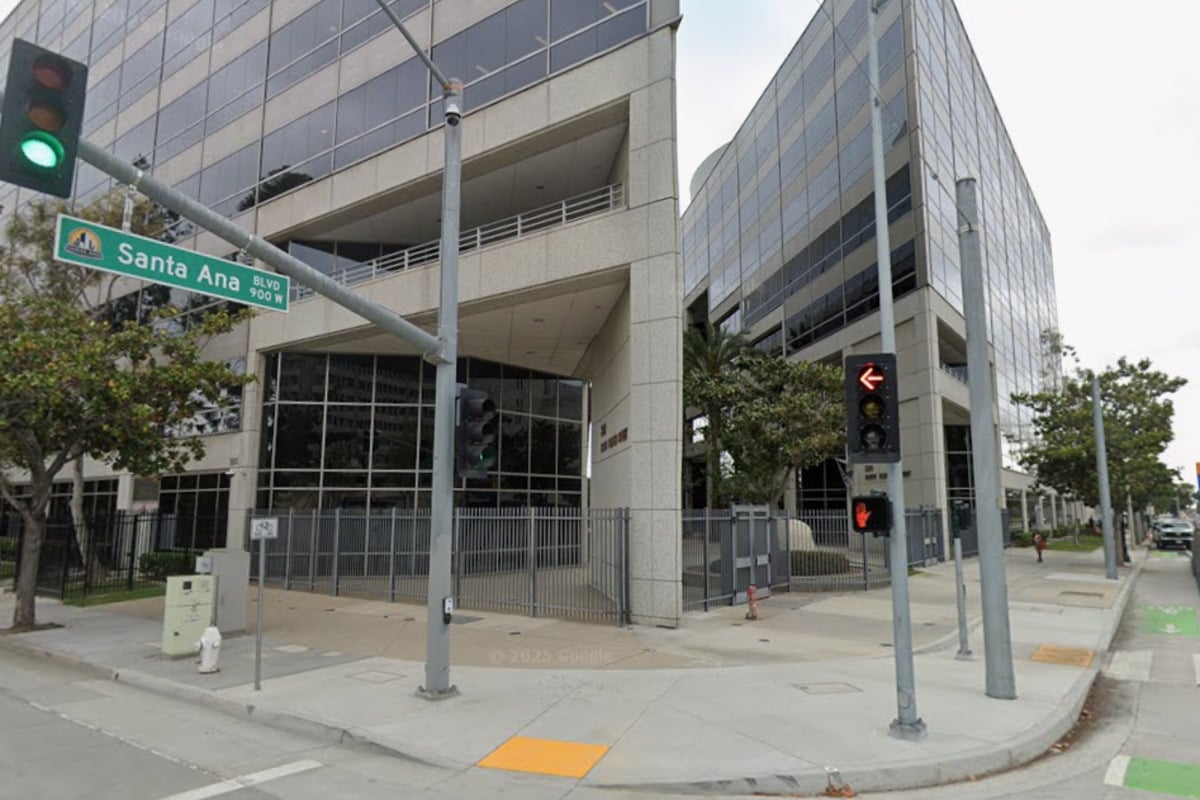Copyright hoodline

In a recent turn of events, the possibility that twelve mentally ill offenders may be released unsupervised into Orange County neighborhoods has incited a strong statement from District Attorney Todd Spitzer. According to a press release, these individuals include a defendant charged with a hatchet murder and another accused of attempted rape. Spitzer's concern stems from an impasse where, after two years of treatment, the defendants are not restored to competency, effectively ending criminal proceedings and leaving their release up to the state's mental health system, which is currently lacking in necessary facilities. The first of potentially risky releases, highlighted by DA Spitzer, is that of Manvir Sandher and Derrick Riehl. Sandher was previously charged with beating his 65-year-old neighbor and Riehl for stalking and threatening a young woman. If suitable placements aren't found, the two, along with ten other offenders, are expected to be statutorily released back into society. The DA's office indicates disillusionment with the current state of mental health treatment, saying, "this is yet another unfunded mandate being offloaded to local government to solve the state's mental health crisis." Furthermore, the situation has intensified scrutiny on the role of the Public Guardian – the entity responsible for the oversight of conservatorships in the community. The lack of action in the high-profile case of mass murder defendant Aminadab Gaxiola Gonzalez was particularly cited as an area where the Public Guardian failed to assert its duty to protect public safety. "Its failure to comply with the Court’s directive is unacceptable and shined a spotlight on the need for change," Spitzer expressed in the midst of assessing the Public Guardian's performance. Urgency is a keynote in DA Spitzer's tone. He urges the Orange County Board of Supervisors to immediately address this pressing matter: "Time is not on our side, and with every second that ticks by is another second closer to our public safety being jeopardized." It's a clear beckon for a swift response to ensure that these individuals find appropriate mental health care placement rather than being released unsupervised and untreated. In addition to the matter of public safety, the announcement encapsulates a growing frustration with the allocation of responsibilities and the apparent disconnect between state legislature initiatives and the reality of local government capabilities. According to the DA's office, this instance exemplifies broader concerns around mental health care systems and their capacity to manage cases entwined with the criminal justice system. This story will undoubtedly continue to evolve as the deadline for finding adequate facilities for these individuals fast approaches.



